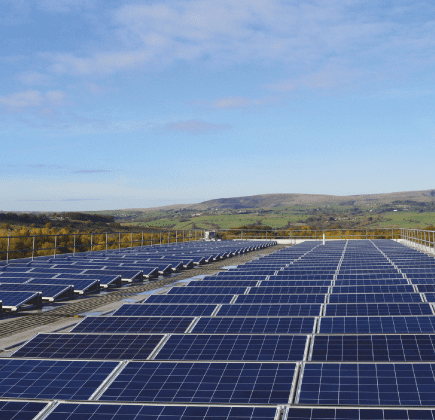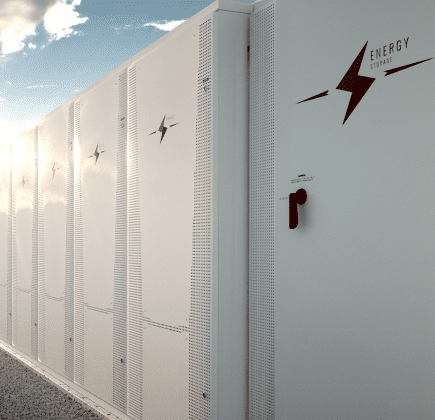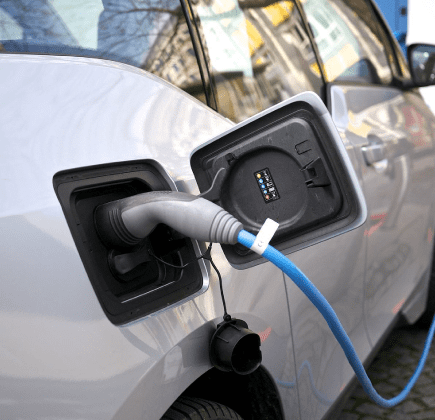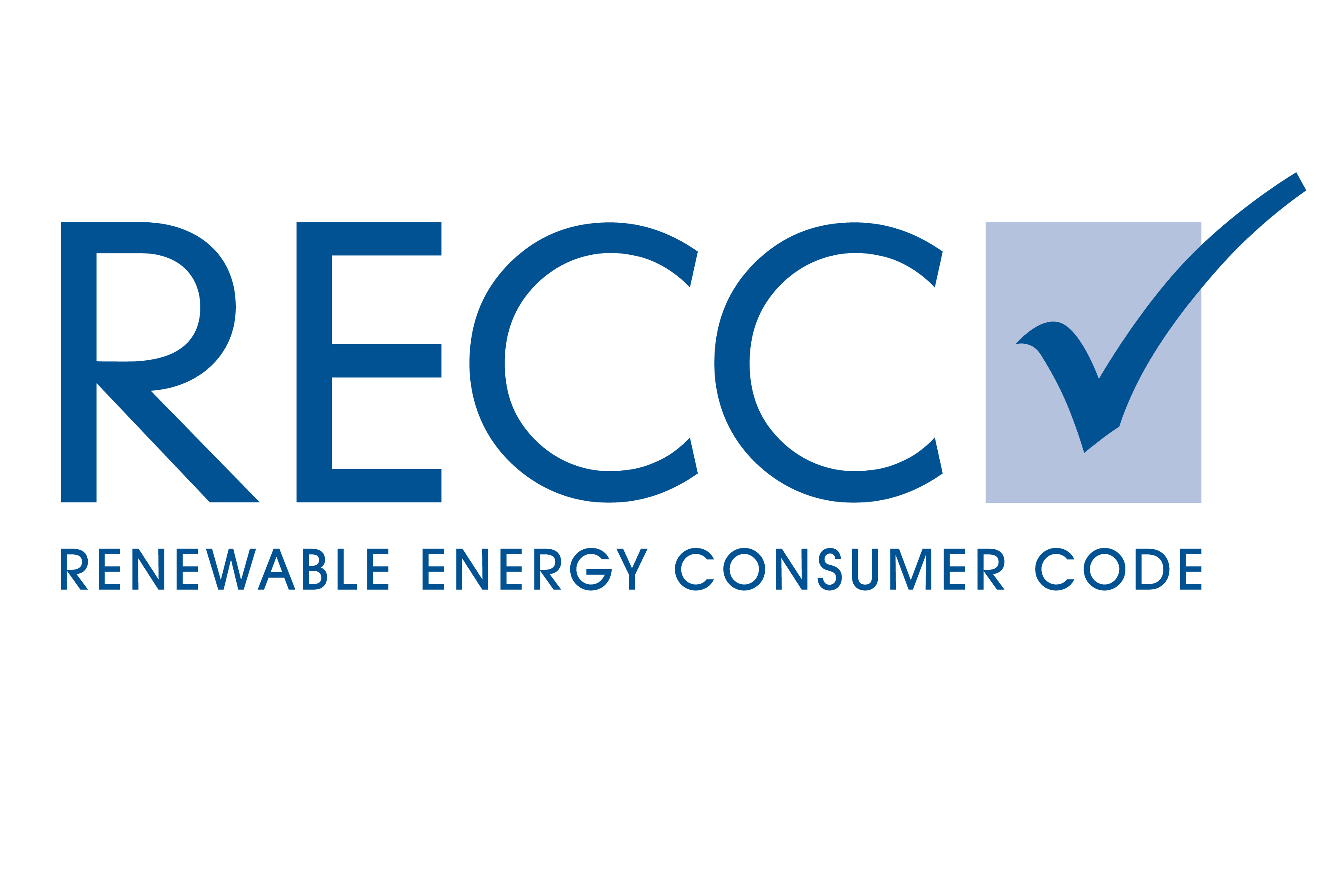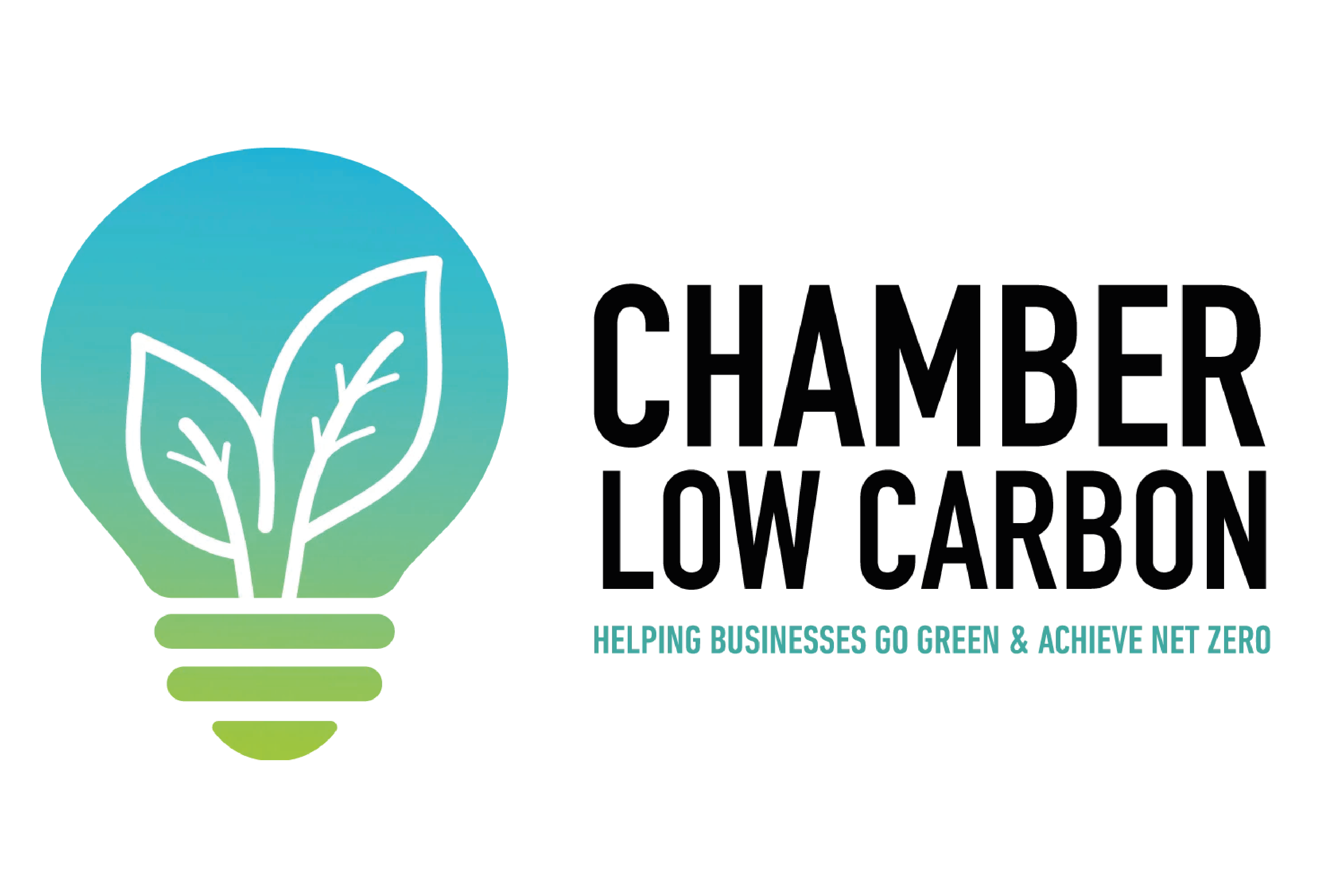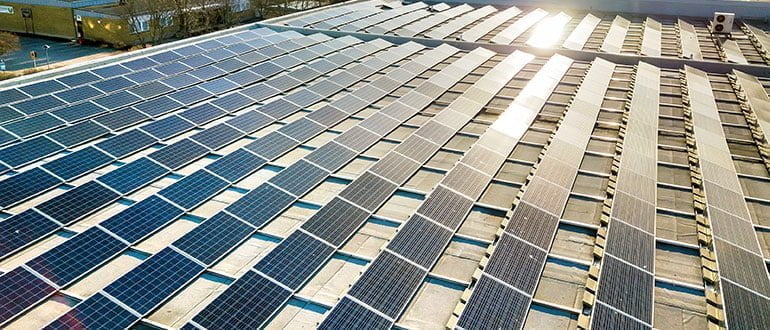
In brief – key climate announcements from this year’s Budget
Alongside the benefits of our commercial solar panels, Net Zero is something we talk about a lot here at Low Carbon Energy, and for a few years now the government has faced ever more urgent calls to make it a more pressing national priority. In 2019, the UK became the world’s first major economy to pass legally binding commitments to achieving Net Zero, and in this year’s Budget, it’s has officially been made part of the government’s overall economic policy objective.
What’s more, This year’s Budget also launched a new National Infrastructure Bank, imbued with £22 billion of financial capacity, and tackling climate change as one of two core objectives.
On the surface, all that seems like it should be good news for climate-conscious businesses and individuals. But this year’s Budget nonetheless left many observers distinctly underwhelmed. The Chancellor’s speech and the famous Budget red book actually dedicated less space to climate change and the Net Zero target than in 2020. The word climate was used only nine times, and the phrase Net Zero was used only 7 times, down from 17 last year.
Conspicuously, the 2021 Budget doesn’t appear to have a substantial amount in it to specifically support the solar and storage industry for now, though it has earmarked small sums of funding to pilot some promising technologies. However, that’s not to say there was nothing noteworthy in it. Here, we’ve summed up some of the most significant Budget announcements for business owners.
Tax relief for commercial businesses
The words ‘capital allowances’ were what caught the attention of many observers this year, as Chancellor Rishi Sunak’s speech announced the possibility of temporary tax reliefs on qualifying capital investments from April 2021. This would introduce increased reliefs for expenditure on plant and machinery, and qualifying expenditures would run between the 1st of April 2021, and up to and including 31st March 2023. Crucially though, nobody is quite sure what specific technologies would qualify for these tax reliefs yet, and multiple publications have asked the government for more clarity on this.
The government’s commitment to “build back better”
Commercial solar, and indeed solar panels in general, haven’t been highlighted specifically in the Build Back Better framework, beyond being listed amongst the range of renewable technologies which are steadily becoming cheaper.
The Chancellor did, however, make mention of expanding the UK’s Emissions Trading Scheme. To give you a quick refresher, the UK ETS was first announced in the government’s Energy White Paper in December, and it’s been in effect since the 1st of January 2021, when the UK ceased participation in the European Union’s equivalent scheme. The UK ETS works in much the same way though, by placing a firm cap on the maximum amount of permissible emissions, and reducing that cap over time to ensure that the nation as a whole moves steadily closer to achieving Net Zero.
The government divides this cap into permits, which are allowances to emit a fixed amount of emissions. These permits are then made available to UK businesses, who are free to buy, sell and trade them amongst themselves. It all works towards ensuring that as a nation, UK companies share common goals, and are thus further incentivised towards achieving it with measures like commercial solar panels.
Speaking of low-carbon technologies, the government is set on encouraging new innovation too, and to that end it’s aside £68 million in funding for a competition to deliver energy storage prototypes. Watch this space!
The announcements around green finance
There are just one or two last general points for us to add, the most notable of which is one that we’ve already touched upon above – namely, the UK’s Net Zero goal will officially be added to the remit of the Bank of England. This has a number of potential implications, including forcing the Bank to take climate change risks into account as part of its ongoing response to the coronavirus crisis. It faced heavy amounts of criticism for this reason in 2020, when it bought up corporate debt without considering the associated climate risks.
Finally, the Chancellor announced that at least £15 billion in government debt will be earmarked for supporting green objectives, although detail on that is rather sparse on that at the moment. We’ve been promised the government will tell us more later in the year.
All in all, it’s not hard to see why lots of climate-conscious businesses and organisations are somewhat disappointed by this year’s speech from the Chancellor, whose priorities seem to have shifted somewhat since the last Budget announcement.
But don’t let that dampen your spirits for solar too much – you don’t have to look too hard to find tangible demonstrations of the sorts of rewards it can bring commercial businesses. Just this month the UK went for its longest-ever period powered solely by sustainable energy, and we’ve already gone into detail elsewhere about the government’s 10 point plan, and the many benefits of commercial solar for your business!
So if you’re thinking about making the switch, that’s exactly where we can help here at Low Carbon Energy. We have over 30 years of combined experience, having helped SMEs and large corporations over a wide variety of sectors to transform their business’ energy supply. Feel free to take a look at some of our case studies for just a few examples of our previous projects, or give us a call today on 01282 421 489 to find out what we can do for you!
 Energy Technology
Energy Technology

Powering your present. Preserving your future.
Call us on 01282 421 489

strategy be a priority?


